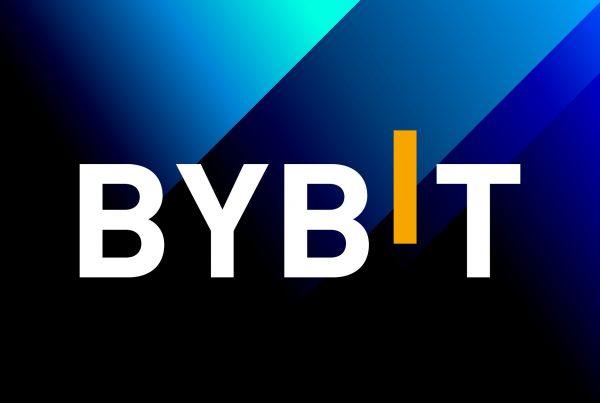
- Space and Time launches Python Data Jobs to solve challenges of proof of SQL
- Python Data Jobs allows developers to input and output tamperproof data from/to its platform
- Developers can seamlessly migrate data from smart contracts and create complex DeFi DApps
Trustless data and analytics Web 3 platform Space and Time unveiled Python Data for Jobs, this Wednesday, marking a new step in how smart contracts migrate and extract data using proof of SQL. The platform aims to allow businesses and startups to seamlessly migrate data and build more complex financial products in the decentralized realm.
In August last year, Space and Time launched the first and only zero-knowledge (ZK) proof of SQL, a powerful tool that allows smart contracts to retrieve and process data with SQL in a cryptographically secure way. While ZK proof of SQL has proven to be useful across the blockchain space, the technology does not cover all business use cases across Web 3, crucially long-running Python jobs.
As a new development, Python Data for Jobs aims to enable users to leverage Python to extract data from their existing database, transform it, and load it into Space and Time in the easiest and fastest way possible, without actually writing code. Additionally, Python will connect to smart contracts and cryptographically transfer data, ensuring the data is tamper-proof.
Cracking the code on how Python Data for Jobs works
As explained, Python Data for Jobs enables users and developers to seamlessly retrieve and process data, faster than proof of SQL. The latest product helps in two main functions, namely to get data into the Space and Time platform and to send it from the platform into a smart contract.
Python Data Jobs accelerates the process of getting data into Space and Time from any off-chain source without ever writing code using its AI, Houston. With the launch of Space and Time’s Houston, an Open AI-powered SQL service, earlier this year, users can write a natural language prompt and the AI SQL will convert it to an SQL query and return the results. For instance, a user can type “show me the top 5 wallets on Sui with the most transactions ordered by balance,” in the AI chatbot and Houston will return the results in a table. This reduces the tedious, expensive, and time-consuming process of coding in Python to retrieve data from external sources, allowing anyone to query data on Space and Time.
In addition to getting data into Space and Time, Python Data for Jobs also allows users and developers to get data out of Space and Time, process it, and send it to a smart contract. This has been a tough nut to crack for most blockchains, given that Python jobs usually run for extended periods.
Imagine you are calculating the probability that the price of a cryptocurrency will remain above a given price for an extended period. You will require a Python script that will need to continuously capture data from the markets, process it and run a simulation against it, which would take about 20 seconds. Since blockchains require a consensus, a script running for a long time may witness some nodes solving the calculation faster or slower than others, which is not ideal.
Python Data for Jobs introduces a new architecture using ZK proof for Python to ease this process. Relying on optimistic security (similar to the optimistic rollups), the platform hashes all inputs and outputs on a major chain, meaning the script will only have to run once and an outcome is given. If the outcome is not what is expected, the user can request proof and Space and Time cryptographically proves what was run. This reduces the time required to run the calculation across several nodes by hashing all the metadata, creating a tamperproof audit trail to incentivize node operators not to tamper with the execution.
Real Use Cases for Python Data for Jobs
The new development brings forth several benefits to developers and users, including seamless database migrations and allows complex calculations for decentralized finance (DeFi) DApps. By simply querying Houston and giving it access to source databases, Python Data for Jobs will generate a script for the query, grab the data from the source, figure out the schema, and replicate it to Space and Time in one single LLM inference. Several platforms such as Truflation, a real-time inflation data platform, and dClimate, a platform with massive volumes of data on weather, are employing the solution for seamless data migration and execution.
Finally, the platform will also expand the development of new DeFi platforms by allowing users to integrate sophisticated financial models, which is beyond what Proof of SQL enables. Decentralized exchanges and lending platforms are set to be the biggest benefactors of Python Data for Jobs, with the platform providing smart contracts with optimistic security. The platform eases the collection, migration and execution of historical price movements in a tamperproof way.



